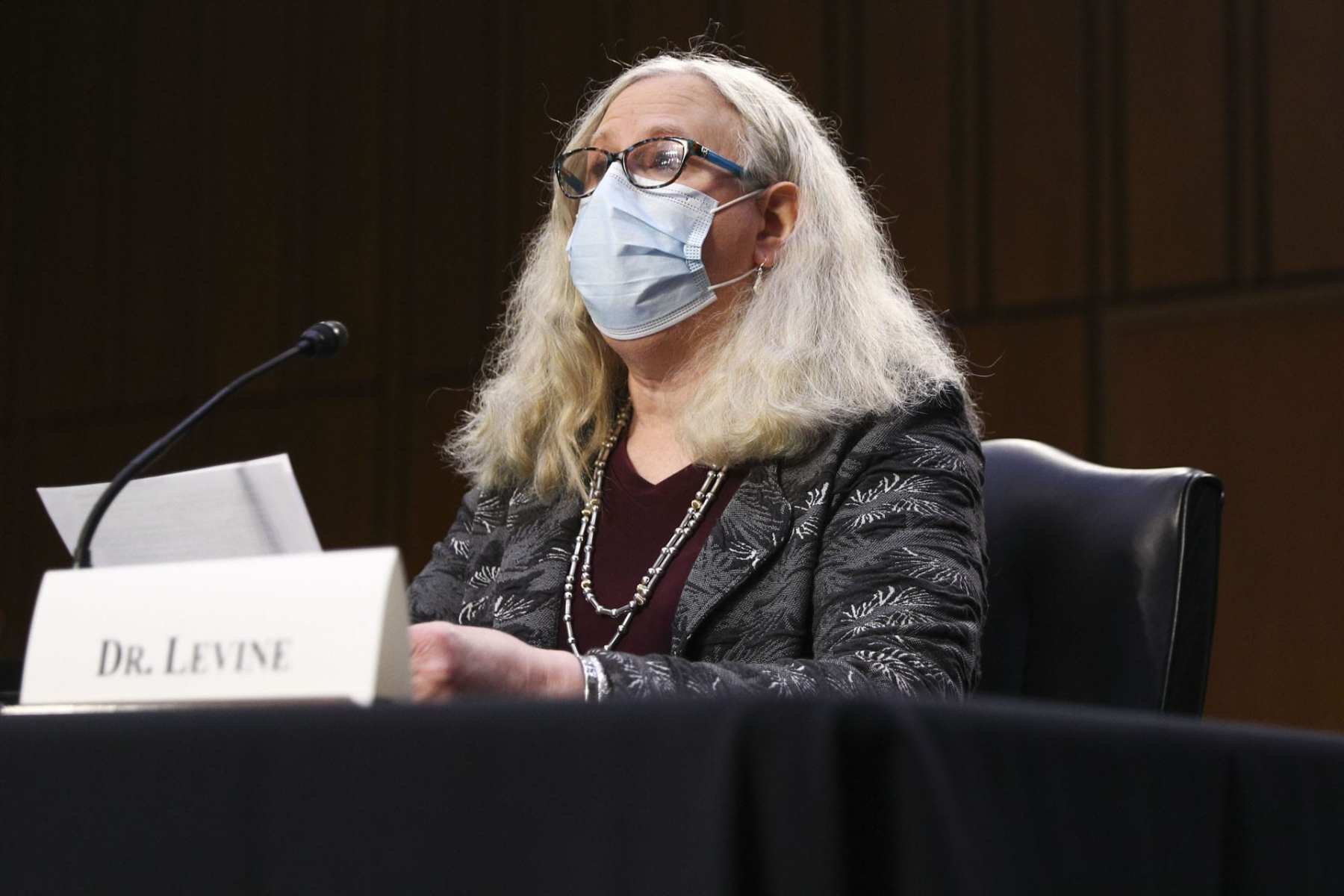The Biden administration has restored sexual orientation and gender identity protections to the Affordable Care Act, a symbolic end to the constant threats to transgender health care under the Trump administration. And though it’s unclear what many of the immediate impacts will be, experts say the move signals support for trans health care protections.
Under this new guidance, organizations and providers that receive federal funding are barred from discriminating against someone for their sexual orientation or gender identity, protections that were axed under the Trump administration. LGBTQ+ advocates accused former President Donald Trump of weaponizing HHS against transgender Americans: In addition to getting rid of health care protections, the Trump administration moved to shield health care workers who had religious or moral objections from treating transgender patients and those with HIV.
“Fear of discrimination can lead individuals to forgo care, which can have serious negative health consequences,” Health and Human Services Secretary Xavier Becerra said in a statement announcing the change Monday. “It is the position of the Department of Health and Human Services that everyone — including LGBTQ people — should be able to access health care, free from discrimination or interference, period.”
Dr. Rachel Levine, the nation’s first transgender assistant secretary of health, told The 19th that the new rule marks a watershed moment.
“It was so difficult in the previous administration … even just the articulation of their interpretation — that it [the law] did not include LGBTQ people — that discriminating against us was legal in their opinion, was so disheartening,” she said.
The protections come at a time when more than 30 states are considering bills that would limit the rights of transgender youth, including gender-affirming medical care. Arkansas has already passed a bill that bars doctors from treating kids with gender dysphoria. Levine noted there “was a disconnect” now between federal law and “draconian” anti-trans medical bills moving through states.
Chase Strangio, deputy director for trans justice at the ACLU, praised the move as life-saving.
“With health care for transgender youth under attack by state legislatures, this move to protect LGBTQ people from discrimination in health care is critical,” Strangio said in a statement.
It’s still unclear if or how the new HHS guidance could affect any of those state-based health care restrictions, or whether it might give Washington any tools to undercut those bans. But at a minimum, it sets a federal tone in contrast to what is emerging in many Republican-led statehouses and could foreshadow further legal action.
“It’s a signal to LGBTQ Americans that someone wants to redress the harms they face in discrimination in health care settings,” said Katie Keith, a health law expert at Georgetown University, who has written extensively about this component of the ACA known as Section 1557.
Though often touted by the ACA’s supporters, the 1557 protections never fully took effect. They were initially introduced in 2016, thanks to an Obama administration rule that interpreted the ACA’s ban against sex discrimination in health care to also prohibit discrimination based on gender identity or sexual orientation.
But the rule was almost immediately challenged in court and subsequently blocked by a Texas district judge. The court then vacated the rule, and the Trump administration issued regulations that would formally undo those protections.
Now, HHS’ reinterpretation of the law — which coheres with a 2020 Supreme Court ruling Bostock v. Clayton — adds another avenue of protection. The new guidance means that people who face gender-identity discrimination in health care, whether from insurance or from their doctors, can file a complaint with the federal government to investigate without having to hire legal counsel.
Already, many insurers and health care providers had moved toward improving health care protections and insurance for trans people. But holes remained, Keith said, and having a government ready to investigate anti-trans discrimination could make a meaningful difference.
“If you’re trying to think at the next generation of discrimination — really restrictive medical necessity criteria, where it says something is covered but it’s not — you need the complaints and investigation and data,” she said.
HHS will not go through a formal federal rule-making process to reinstate the protections. Robinsue Frohboese, acting director of the Office of Civil Rights at HHS, said the administration has consulted with the Department of Justice and Office of General Counsel, and believes that the Bostock ruling was sufficient basis for the rule.
“We are in strong legal ground,” she said.
HHS also indicated its enforcement will comply with the Religious Freedom Restoration Act, which has often been used to justify health care exemptions for medical providers with religious objections.
“I think it’s important to recognize that first, there has to be a substantial burden on religious exercise,” Frohboese added. “And second, that burden has to be justified by a compelling government interest that is being promoted by the means is least restrictive.”
Meanwhile, the 2016 lawsuit that initially blocked 1557 from taking effect is still making its way through lower courts, making these new protections vulnerable.
Earlier this spring, the 2016 lawsuit was sent back to the same district court judge in Texas who initially blocked the protections. In this current appeal, the plaintiffs are arguing for an injunction that would prevent any administration from ever interpreting the health law’s wording to prohibit discrimination based on sexual orientation or gender identity.
In theory, that argument runs counter to the 2019 precedent established by the Supreme Court. But the Texas judge, Reed O’Connor, hasn’t yet weighed in, and has frequently found in favor of lawsuits seeking to limit or undercut the ACA.
“The ultimate interpretation is going to be made by the courts,” Keith said. “I don’t want to say any of this is the last word.”





